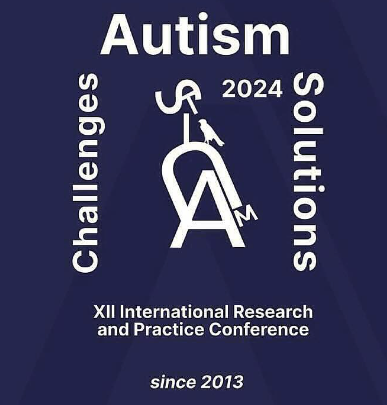Genetic and pathogenic overlaps between autism and Alzheimer’s disease: opportunities for drug repurposing
Published 2024-07-05
Keywords
- Autism spectrum disorder (ASD),
- neurodegenerative disorders,
- Genetic
How to Cite
Abstract
Autism spectrum disorder (ASD) and Alzheimer’s disease (AD) are neurodevelopmental and neurodegenerative disorders respectively that share common clinical features, such as language impairment, executive functions, and cognitive problems. Proteomic analysis of autism and Alzheimer’s mouse models reveal common alterations in mTOR signaling pathway. Alterations in the mTOR signaling pathway during critical stage of development could lead to improper connectivity in the brain, which play a role in the pathogenesis of ASD. At the same time mTOR inhibitor rapamycin has been shown to prevent (and possibly restore in some cases) the memory deficit in the mouse model of Alzheimer's disease as well as reduce Aβ and tau aggregation, and reduce microglia activation. We conducted a bioinformatic analysis of signaling pathways for sets of genes for ASD and Alzheimer's disease: sets of genes predisposing to ASD (from the SFARI database) and to AD have 148 common genes, 75 of them are directly related to mTOR. We have constructed and analyzed gene networks reflecting the relationship of ASD and AD with innate immunity and autoimmune diseases. The genes with the largest number of connections have been identified: CTNNB1, CREBBP, TRAF2, HDAC1, HDAC2, etc., which may be targets for therapy. Based on a large percentage of mTOR-related ASD and AD genes, we searched for mTOR molulators used in AD therapy with potential for ASD therapy. To do this, using ANDVisio tools, networks were built based on three fragments of the mTOR path: PI3K/Akt, Ras and p38 MAPK. We have proposed several pharmacological mTOR modulators already used in AD therapy, which have the potential for ASD.

